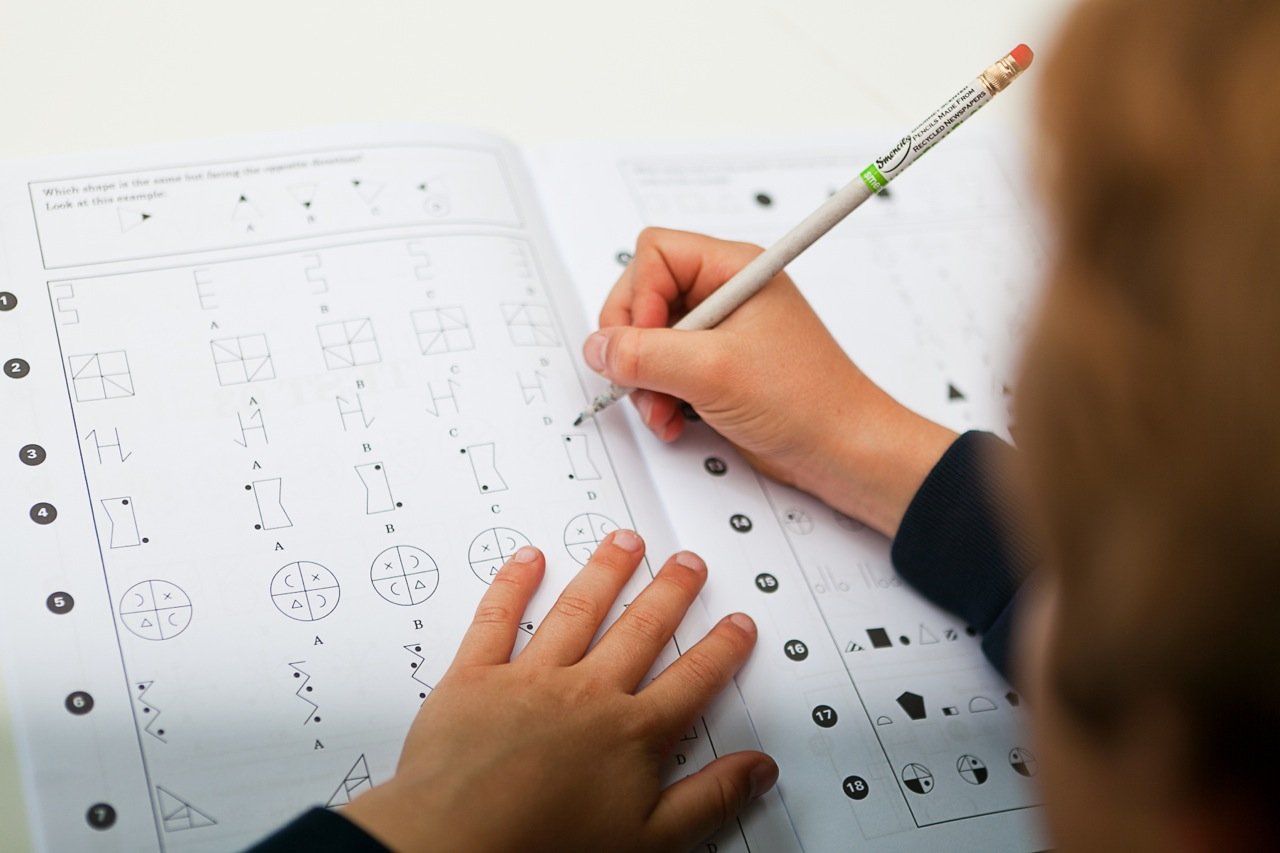Compulsory Sex, Relationship and Health Education for 2020
In March earlier this year the Education Secretary at the time Damian Hinds put forward a bill to introduce large-scale reforms to the Relationships, Sexual and Health education. Despite the vote taking place in a period of Brexit-induced political stalemate, a resounding 538 MPs voted in favour of the reforms. Assuming the new syllabus is approved by the house of lords it will come into effect by September 2020.
A short survey conducted by Love Learning Tutors asked young adults (aged 20-25) about their experiences of the old Relationship and Sex Education curriculum. When asked about their memories of the lessons many recalled archetypal moments such as “putting a condom on a banana” or “watching awkward videos” about puberty. Over 90% of respondents said the syllabus could have been improved, with many suggesting that topics such as “LGBT+ relationships” and the meaning of consent should be integrated into teaching. When asked whether they felt these lessons equipped them to make informed decisions about relationships, sex and health only 57% of individuals said they felt it had. The survey also found that 38.9% of respondents received fewer than 5 relationship, sex and health education classes throughout their entire time at school.
So how does the new Relationships, Sexual and Health education syllabus address the outdated one? Some of the most notable features of these new subjects include:
- Statutory relationship education in primary schools
- Statutory secondary sex and relationship education
- Statutory health education for both primary and secondary
The statutory relationship education in primary school means that parents forfeit the right to remove their children from these lessons. Relationship education at primary ages includes topics such as the differences between online and in person friendships and does not cover any sexual education. The early relationship education aims to cultivate healthy attitudes towards relationships. Although the government has recommended that age-appropriate sex education is taught at primary level, all schools will have the prerogative to choose whether or not they teach the classes.
The new syllabus is also keen to modernise the outdated secondary relationship and sex education currently in place (which commenced in 2000). Topics such as contraception and puberty will still feature as well as some new additions. Some of the most significant topics to be added includes LGBT+ relationships, female genital mutilation and sexting. Parents will not be able to remove their children from these lessons by law. Moreover, faith schools which have previously chosen not to teach sex education will in 2020 be required to teach these lessons. However, the government has allowed faith schools to interpret the teaching of specific topics in a way which aligns with their own principles.
Health education will be introduced, for the first time, as its own separate statutory subject for both primary and secondary school. Primary school years will be educated about the positive and negative sides of social media. Secondary school years will touch on topics such as health implications of bad sleep habits and ways to address and spot common mental health issues including anxiety and depression. The new guidelines also try to homogenise ideas of relationships, mental health and physical wellbeing, with the general teaching point being that positive and wholesome relationships give rise to mental and physical wellbeing.
The survey conducted by Love Learning Tutors also polled the opinions of young adults on some of the most divisive topics of the new reforms. When asked to what extent do you agree with statutory relationship education for primary years only 22.2% of respondents said they disagreed. Furthermore, 83.3% of respondents said they agreed with the government’s integration of LGBT+ relationships into the secondary school relationships curriculum.
These findings alongside the MPs resounding vote in favour of the bill may lead some to believe that the reforms are welcomed by the general public, however, they have faced a backlash. Leaders of religious groups and faith schools have conveyed their outrage at the government’s proposal to remove the right to remove children from secondary sex education lessons and topics of relationship education such as LGBT+ relationships.
This outrage sparked a petition for the right to opt-out of sex education lessons and quickly gained over 100,000 signatures. In an interview with Reuters the head of the lobby group Christian Teachers Clive Ireson argues that it is the right of parents to decide to take their children out of sex ed classes and warns “this is one of the reasons why home education is growing”. In July, protests were held in Birmingham from concerned parents claiming the reforms to the syllabus will sully their children’s innocence. Despite the matter being debated, the government have shown no signs of giving the right to opt-out to parents or faith schools.
Only time will tell if these reforms will better equip young people to make informed decisions on matters such as sex and relationships, for many however, the new curriculum is step in the right direction.
Check out our other posts on Sex, Relationship and Health:












Do you struggle with time management, often thinking to yourself that there just aren’t enough hours in the day?
Thankfully, technology is here to save the day, as there are numerous apps you can download to increase your productivity, check things off your to-do list, and generally be more organized and efficient.